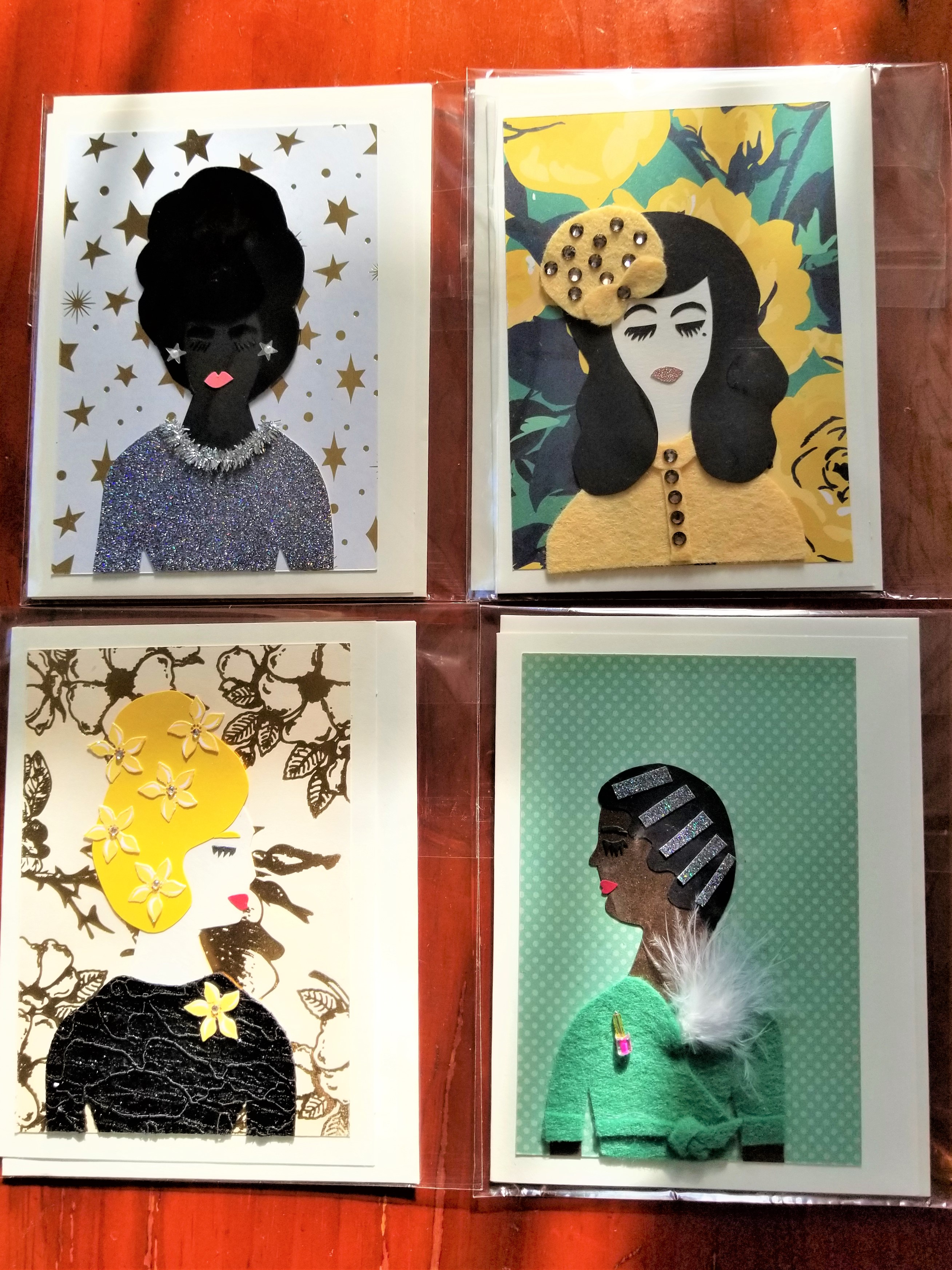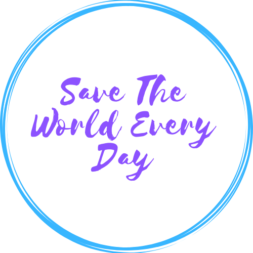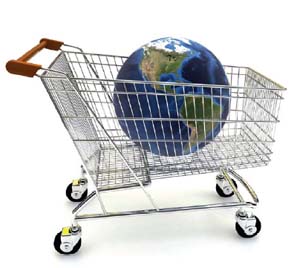
Do-Good Consumerism is Here to Stay
The sustainable shopping concept recognizes that everything we buy has health, environmental and social impact, either negative or positive.
If we remember to think about it, our shopping habits are an opportunity to support what is important to us and avoid products and services that do not align with our values.
Today, ethical consumerism is almost mainstream. You don’t have to look far to purchase a product that does something good. Maybe it’s in plastic-free or recycled packaging. Maybe the company promises not to use child labor (how progressive!). Maybe the brand is ‘cruelty free’ and not tested on animals. Maybe a percentage of profit is directed to a charity.
Large companies and corporations use their ethical choices as a marketing tool and activists use the unethical behavior of companies to ‘name and shame’ and build public pressure for change.
Multiple Layers of Ethical Commerce: When Ethics is the Brand

An example of ethics is the brand on the corporate scale is Patagonia. This outdoor-wear company imposes an ‘Earth tax’ on itself, 1% for the planet, to support environmental nonprofits working to defend our air, land and water.
Patagonia also created a ‘Worn-Wear’ clothing line of repaired, restored and recycled Patagonia merchandise to reduce the environmental footprint of producing new clothing (yes, even their own). There is now a Patagonia Provisions line of organic and sustainably produced food products. The company recently signed on to the Stop Hate for Profit Campaign and pulled $1 million in advertising from Facebook this month to protest unregulated hate speech and misinformation.. In short, in addition to quality sports gear, shopping through Patagonia is a commercial transaction which saves the world in a multitude of ways – the planet, our food quality and our political and social discourse. I should note here that I am not affiliated with this company in any way, but genuinely impressed with how they’ve built their business model around their ethics. Other companies that have signed on to the Stop Hate for Profit Campaign and pulled their advertising dollars from Facebook and other social media platforms include: Adidas, Ben & Jerry’s, Puma, Reebok, REI, The NorthFace and many more.
But it’s Not Just for Big Companies….
I recently stopped into one of my favorite local shops, a boutique for anything mid-century and mod, JoRetro in Havre de Grace, MD. Walking through this one-of-a-kind shopping oasis I noticed several examples of ethics is the brand merchandise. It dawned on me that ethical production, packaging and messaging can be the motivator, or raison d’être, behind any product and that opportunity to save the world with commerce is no less endless for small businesses and cottage industry than it is with a large corporation. To convince you I’ll use two great finds I brought home with me from JoRetro:

Eco Candle Co.® is an artisan company for soy candles, soap and natural bath products. Their mission statement is built around handcrafting products with respect for the environment and a healthy lifestyle.
To that end all of their products are handmade locally in small batches with sustainable ingredients and they conscientiously work with companies that are also socially and environmentally responsible. Check out the ways that one small product can represent good choices or in other words ‘save the world’:
- Clean burning without toxins, carcinogens or pollutants means no petrol-carbon soot found in petroleum-based paraffin candles;
- Supports American soy farmers over international oil manufacturers;
- Biodegradable and water soluble which prevents contaminating soil and water;
- Contains no herbicides, pesticides or genetically modified materials;
- All wicks are made of either cotton, paper or hemp without lead or zinc;
- Recycled packing material and reusable plastic-free packaging;
- Local economy development through local production and locally sourced materials.
After reading that list it’s hard to imagine anyone wanting to purchase a petroleum based synthetically scented artificially colored paraffin polluting candle ever again!

Greeting-cards by Baltimore artist JM for her brand Goose and Dove are handcrafted with up-cycled materials, exquisitely designed to highlight the beauty of diversity. Her gorgeous images of fashionistas from the 1920’s – 1960’s represent all skin colors and a full spectrum of style. I chose these four beauties to send to friends.
Purchasing a JM Goose and Dove card allows us to support a local artist who is:
- recycling materials, from broken jewelry to the feathers of a vintage hat;
- celebrating diversity when our society suffers from entrenched bigotry and division;
- reducing our footprint from large-scale manufacturing and long-distance transport;
- Offering an American-made product that tromps the competition of mass-produced cards , often produced overseas with subpar labor standards.
Another stunning fact about these beautiful handmade cards is that they’re so reasonably priced – 40% less expensive than a birthday card I recently purchased, which was made in China and sold at a large chain store.
Small Businesses are a Leading Force for Ethical and Sustainable Commerce

JoRetro is a destination shop. For those of you who don’t live a 20 minute walk from it as I do, it’s worth a
day-trip, or a weekend stay, in Havre de Grace just to browse through the over 5,000 square feet of authentic vintage from the 40’s through the 80’s. Mixed in with the vintage and upcycled merchandise you’ll see that the owner, Jolene Forrester, searches out products which are locally made or help us live more sustainably – from the candles and cards featured above to mod-styled Swedish dishcloths and colorful vegetable bags for your kitchen. And for Pyrex fans, JoRetro has one of the largest collections of vintage Pyrex in the country.
Shopping our Values
Shopping our values is becoming easier, which is good news because we all tend to do things more when they’re easy! As ethics is the brand becomes more mainstream I hope we’ll become more aware of the damage we do as consumers when we don’t pay attention – when we forget to ask what something is made of, how it’s produced and how the people producing it are treated.
If you’ve found an ethics is the brand product that you’d like to share, please write in, I’d love to know about it! Stay safe and healthy out there, and please wear a mask!
Wanda


Thanks for alerting us to the power of our shopping choices – companies we support through our purchasing power. Love the cards particularly.